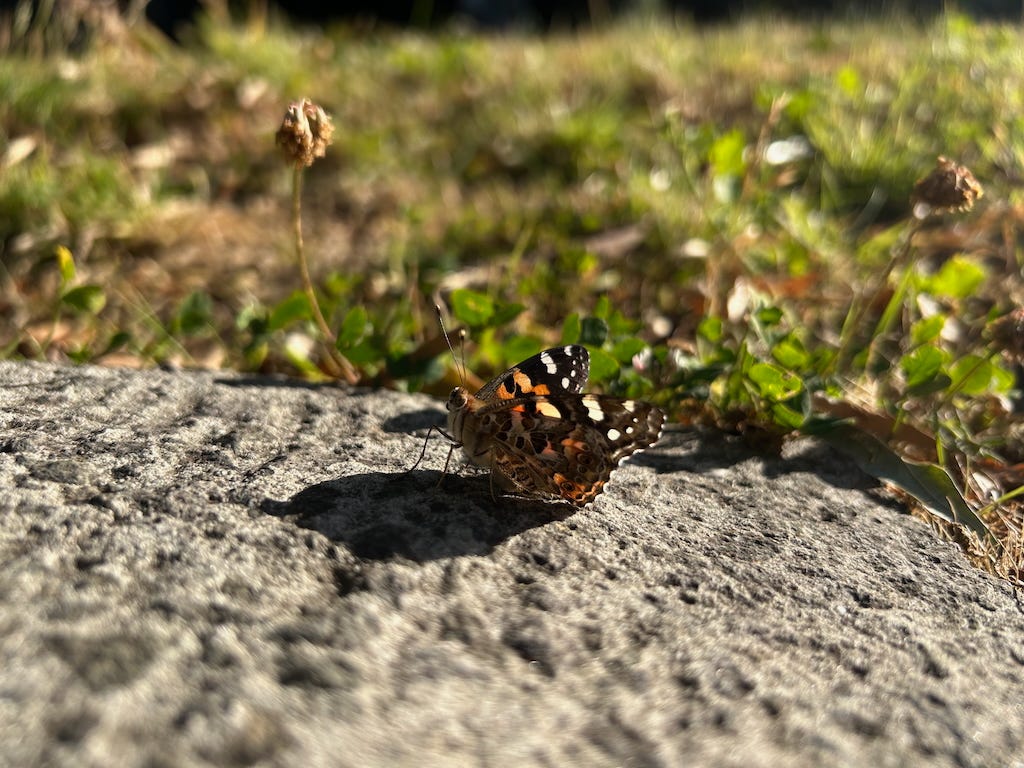One thing I like about Temple Grandin is she gets to the point.
In “Animals in Translation”, she doesn’t spend long digging into the science, research studies or history behind a fact. She’ll just say something like “in my experience dogs do not like Halloween costumes.”
And she’s probably right.
She likes to use heuristics like “the more Wolfie a dog looks, the more Wolfie it acts” and or will generate interesting theories on the fly: “I expect we’ll find that dogs make humans into nicer people and better parents.”
As I read on, I was surprised not only how willing I was to give her the benefit of doubt, but also how refreshing her writing felt. Why was that?
I mean, I definitely don’t work in agriculture and I don’t even own a dog.
One reason her writing stands out might be because she’s autistic. Temple is highly functioning, but clearly looks at the world differently. One example of this is how she sees things most people don’t. In her work with livestock, she created a checklist of 18 ‘tiny details that scare farm animals’. For her, and to a 1200lb Angus, a ‘sparkling reflection on a puddle’ is really distracting, something even seasoned farmers weren’t noticing.
Secondly, she doesn’t signal. Usually in a popular science book like this, the author is subtly signalling all sorts of things like that they’re smart, woke, a New Yorker, a creative or that they’ve read a ton of books. Everyone does this to some degree. Publishing a book itself is usually about establishing some degree of credibility and authority. It’s actually so prevalent that it’s hard to notice, until you read a book like Animals that is completely devoid of it. It’s not that she doesn’t have an ego, or a point of view, she just doesn’t seem to care how she comes across. She is simply trying to communicate important things to know about animals. Yes, really. Even when she is considering something controversial like whether humans should eat meat or not, she’ll talk about the idea purely on its merits, something pretty much no one does.
Lastly, Grandin avoids the usual frameworks and buzzwords that are so common in pop science books. In fact, she views abstract thinking as a big blind spot for us ‘normal’ people.
“Unfortunately, when it comes to dealing with animals, all normal human beings are too absractified, even the people who are hands on. That’s because people aren’t just abstract in their thinking, they’re abstract in their seeing and hearing. Normal human beings are abstractified in their sensory perceptions as well as their thoughts. That’s why the workers at the facility where the cattle wouldn’t go inside a dark building couldn’t figure out what the problem was. They weren’t seeing the setup as it actually existed; they were seeing the abstract, generalized concept of the setup they had inside their heads. In their minds their facility was identical to every other facility in the industry, and on paper it was identical. But in real life it was different, and they couldn’t see it. I’m not just talking about management. The guys in the yard, who were there working with the animals, trying to get them to walk inside the building, couldn’t see it, either.”
Abstraction is hard to avoid, especially in knowledge work that involves complex, messy problems that span code, relationships, digital systems and physical environments.
Even so, I’d like to think of Temple barging into a meeting, covered in mud, sweeping all the post-its aside, clearing the diagrams off the whiteboard and saying ‘what the hell are you guys doing here?’
Buy Animals in Translation: Using the Mysteries of Autism to Decode Animal Behavior
In 2023, inspired by Temple’s first book, Thinking in Pictures, I published Keeping in Touch, on Buddha.bike


